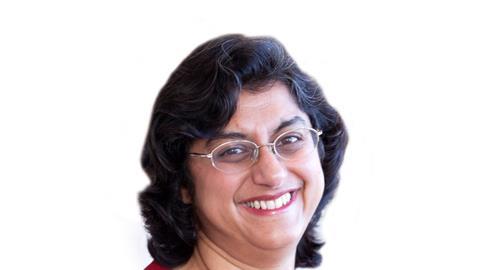Hogan Lovells, London
When I was 17 I became aware of the needs of a drop-in advice centre in Cambridge, where I grew up, and realised that there was a glut of expertise that wasn’t being directed to the people that needed it most.
My main influence, beyond my parents, was a Melkite Christian priest who I once worked for in northern Galilee. He founded a school for more than 3,000 students of Christian, Jewish, Muslim and Druze heritage. His desire to create an environment for equal opportunities learning, free from discrimination, was inspiring.
These experiences led me to create opportunities for talented lawyers to volunteer and have a social impact, through the pro bono legal practice at Hogan Lovells. I work to engender equal opportunities for young people from all faiths, and none, through the mentoring programme developed by the charity Mosaic, of which I am a supporter.
My hardest challenges include speaking at a seminar on human rights in Algeria where I had to have armed bodyguards. This was only slightly less intimidating than accidentally tipping a plate full of egg mayonnaise sandwiches into a partner’s open briefcase on my third day as a trainee.
Helping to shape a responsible business programme for a global law firm means I have a good view on how to develop opportunities that leverage the talent and skills of everyone at the firm to achieve a social impact.
Working with inspirational charities that drive social change with creativity and few resources has enabled me to learn there are no limits to what is possible – it may just take longer.
I was privileged to be involved from the start in the development of the Mosaic Network Programme which was founded by the Prince of Wales and of which I am now vice-chair.
Mosaic inspires young people from disadvantaged communities to achieve their potential. It has been wonderful to see this idea grow from a concept into a national programme delivering support and guidance in primary and secondary schools, prisons and a range of projects internationally.
The hardest clients are those who need help but are fearful of seeking access to justice. This is becoming more common, as society grows less forgiving of those who need support from welfare, or more judgemental of certain sections of society, such as migrants, people with a Muslim heritage, prisoners and the marginalised.
We need to give more thought to women’s equality and their interplay with religion and cultural practice.
We need to embrace diversity not just play at it, and by diversity I would also include diversity of social background. We have so much to lose as a profession by not searching for the best talent. I am happy to be contacted if readers are looking for good volunteering opportunities.
































1 Reader's comment